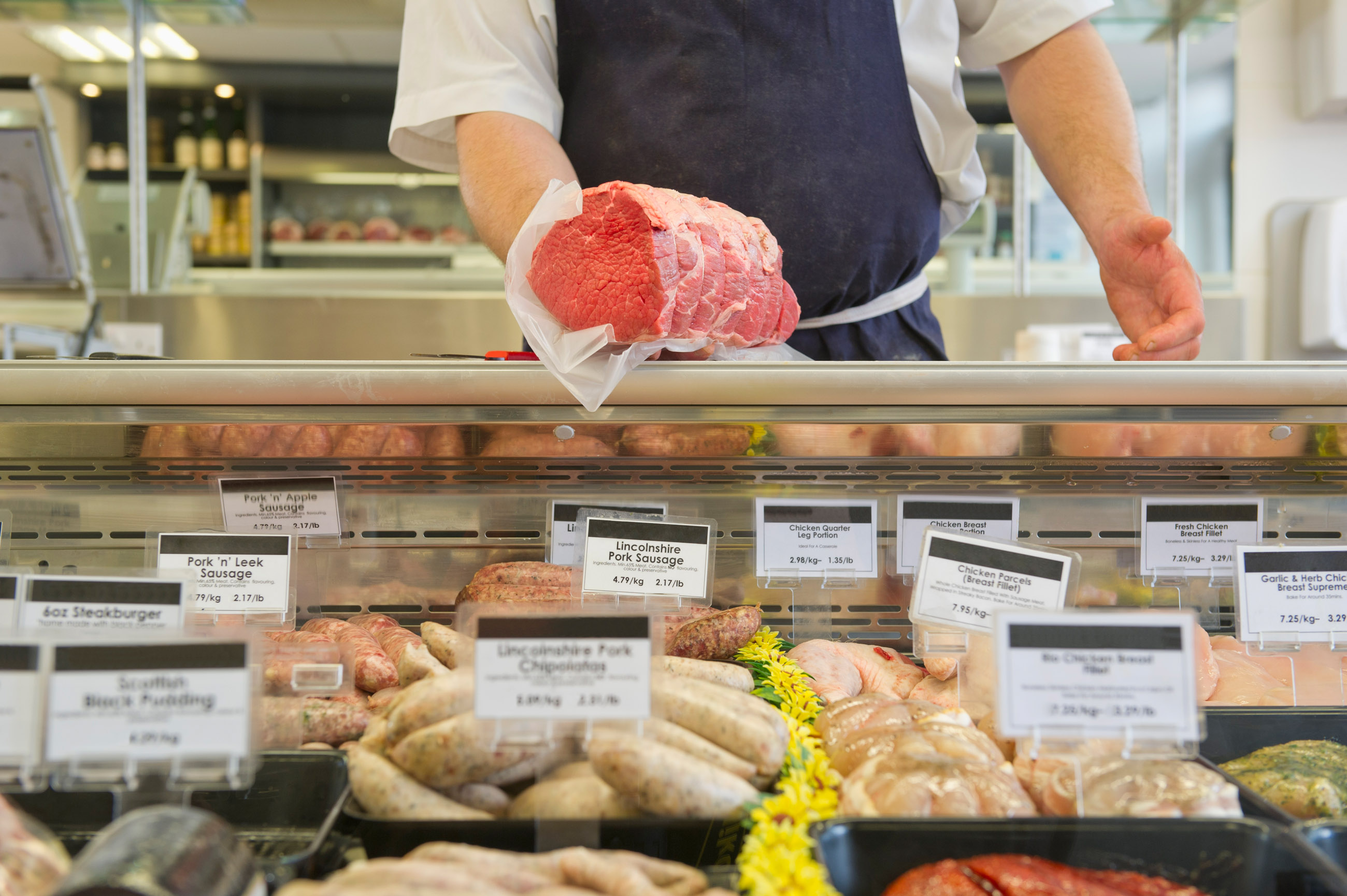For reasons I’d rather not go into, I decided to do a little research into food poisoning with a seemingly simple question: How does food get poisoned?
It turns out that most food-related illnesses can be separated into two types: toxins and infection. The traditional use of the term food poisoning stems from the existence of toxins in food. These toxins come from chemicals and heavy metals in food or from mold growing on food that hasn’t been handled properly. In this sense, the food was poisoned.
However, the more prevalent health issues come from bacterial and viral infections rather than toxic chemicals. The most common food-borne infections are Escherichia coli (E. coli), Salmonella, Norovirus and Listeria. The symptoms from these infections typically last longer than those from toxins and are more easily passed from person to person.
While the incidents of toxins in foods are dropping, bacterial and viral infections appear on the rise in recent years. In the U.S. alone, nearly 50 million people are subject to foodborne infections each year, according to the Centers for Disease Control and Prevention. Even the so-called “world’s best restaurant” recently gave 70 customers food poisoning.
Rather than continuing to try to contain these infections after the fact, the U.S. Food and Drug Administration recently proposed “the most sweeping reforms of food safety laws in more than 70 years” in an effort to prevent contaminations before they start. Unfortunately, the FDA Food Safety Modernization Act (FSMA) is not currently funded. The Congressional Budget Office estimates it would cost about $1.4 B in its first five years, including hiring ~2,000 additional food inspectors.
Deborah Blum, the author of The Poisoner’s Handbook, suggests that government legislation probably wouldn’t be completely effective anyway. In an excellent article on the history of food poisoning, she writes:
"We’ve been trying to regulate food poisoning out of existence since Biblical times. We’ve reduced it; we’ve saved countless lives by doing so. But we’ll never really erase it from our history. […] Food, in all its chemical complications and possibilities, remains the most dangerous substance we will ever eat."
If legislation can’t save us from food poison, what should we do? The best advice for protecting yourself boils down to three things: wash your hands, cook your food a little longer, and make sure to keep leftovers cold. And hope the dining establishments you select do the same.
Follow me on Twitter (@jbecher). It will feed your intellect.
Please follow me on Twitter, LinkedIn, and Google+.
This blog was originally posted on Manage By Walking Around on June 2, 2013.
